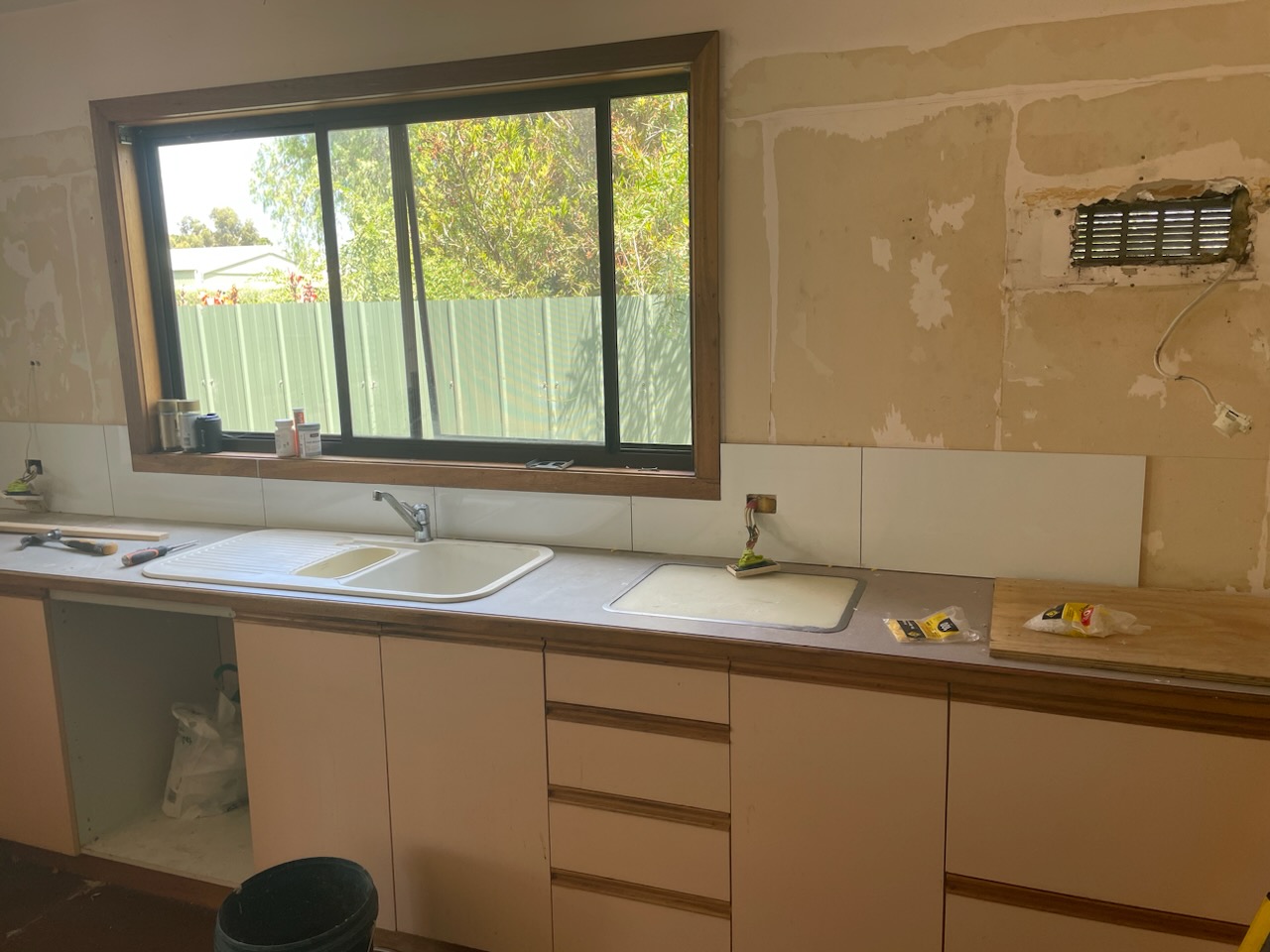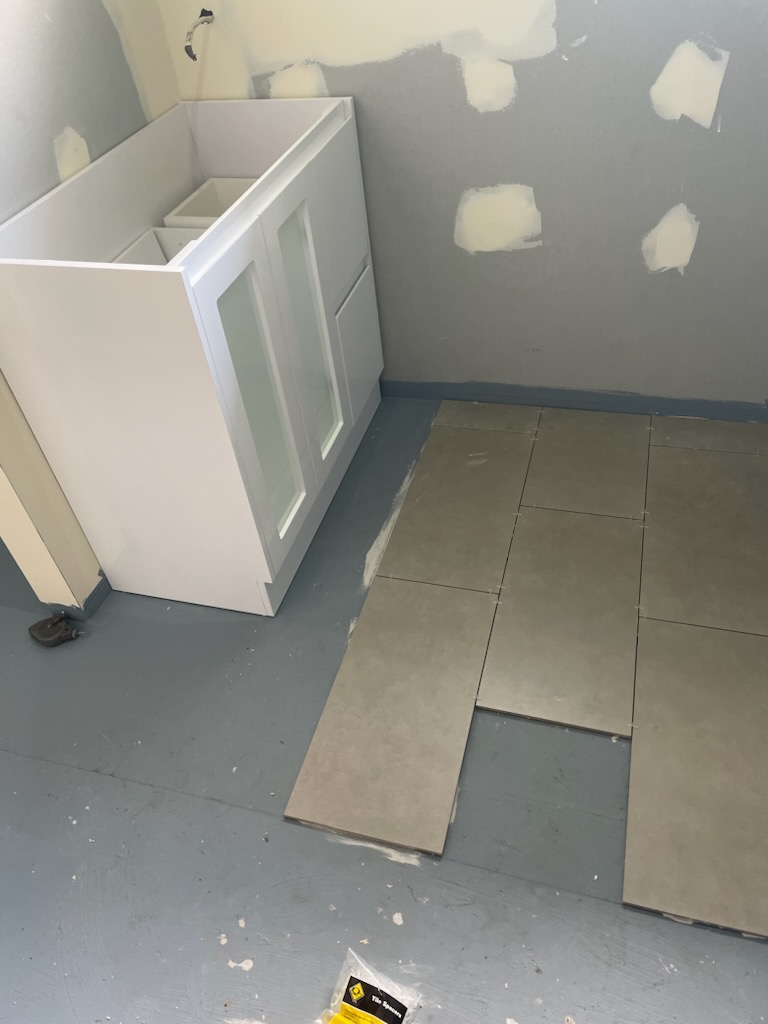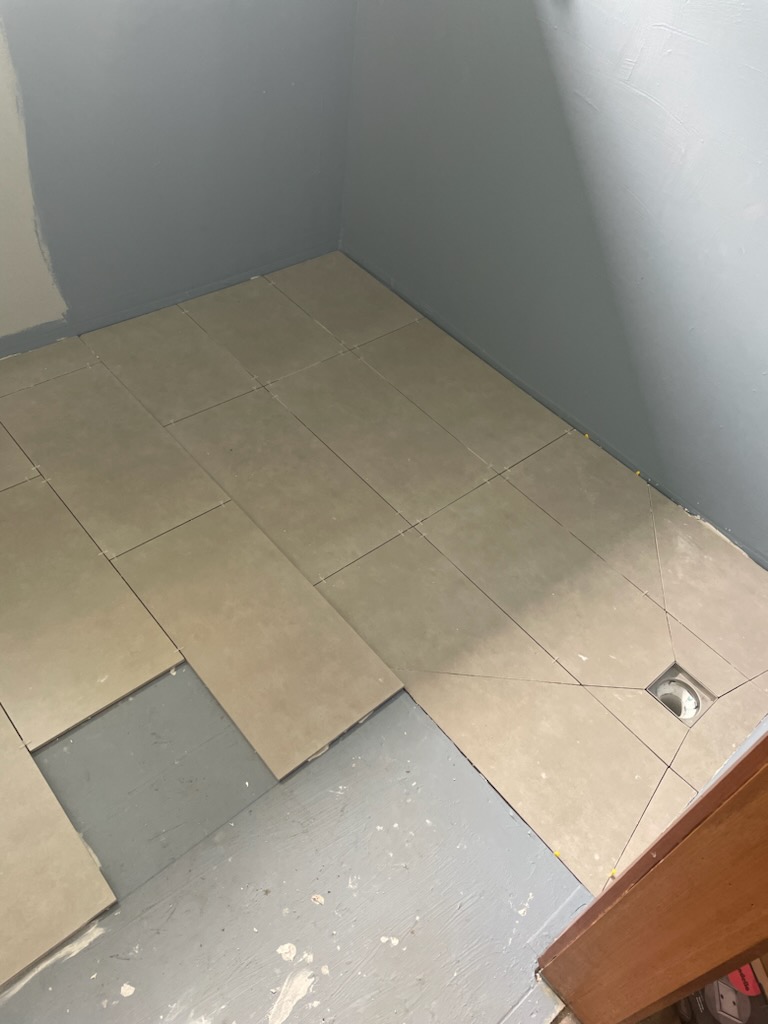
Additions to homes can drastically improve both the look and functionality of a property.
But, as exciting as it is to get an extension, there are several factors you must consider before making any alterations. Whether you’re looking for practicality or aesthetic value, this guide will help ensure that your home extensions turn out exactly the way you planned them.

The Do’s:
Consider the Overall Layout of Your Home:
Before you start making plans, take a look at your existing home layout. Think about how the additional space will improve functionality and how it will fit in with your current design scheme.
Research Local Building Requirements:
Each local municipality has its own set of building requirements and restrictions that must be followed to ensure safety and compliance. Make sure to research what is necessary for your area before beginning construction.
Hire an Experienced Contractor:
It’s important to find someone who is experienced in home extensions and who can provide quality service throughout the entire process. Do plenty of research before hiring anyone, as this will determine whether or not you get a successful outcome from your project.
Choose the Right Materials:
There are many material options for home extensions, including wood, stone, and steel. Select a material that will match the existing structure of your home and one that is durable enough to last for years to come.
Take Time to Plan:
Every step of the extension process should be thoroughly thought out before making any decisions. Ensure all plans are finalized with your contractor so there are no misunderstandings or missteps throughout the building process.

The Don’ts:
Don’t Cut Corners When it Comes to Quality:
Trying to save money using lower-quality materials can cost you more in the long run. Instead, invest in quality materials that will last, and use reputable contractors to ensure that your extension is done right.
Don’t Overlook Drainage:
If you are extending a single-story structure, pay close attention to drainage on the roof and around any window openings. Poor drainage can cause significant damage over time if it’s not resolved swiftly.
Don’t Rush Through the Process:
Rushing through an extension project can lead to costly mistakes. Instead, make sure you give yourself plenty of time to plan and complete the construction to get the best possible outcome for your home.
Don’t Neglect Maintenance:
After your extension is finished, don’t forget about maintenance. Invest in regular inspections to check for potential issues and make repairs as needed to keep it in top condition.
Don’t Ignore the Budget:
Extensions are not cheap, so it’s important to maintain a realistic budget throughout the project. Set an appropriate budget ahead of time and stick with it no matter what happens during the process.


By following these do’s and don’ts, your home extension will be successful and meet your expectations. It’s important to take the time to research ahead of time, hire experienced contractors, and choose quality materials that will last for years to come.
With a little bit of planning and preparation, you can be sure that your extension will turn out just as you envisioned it.








